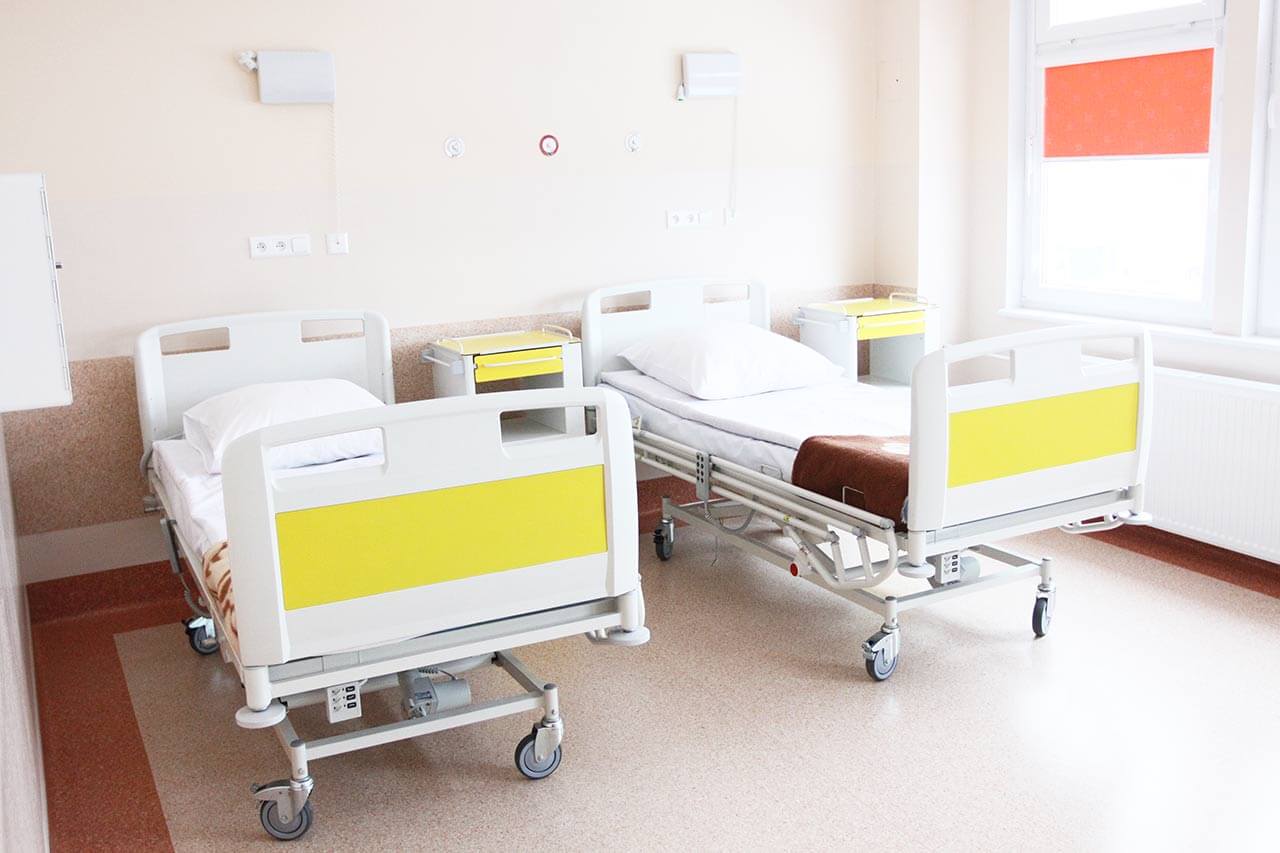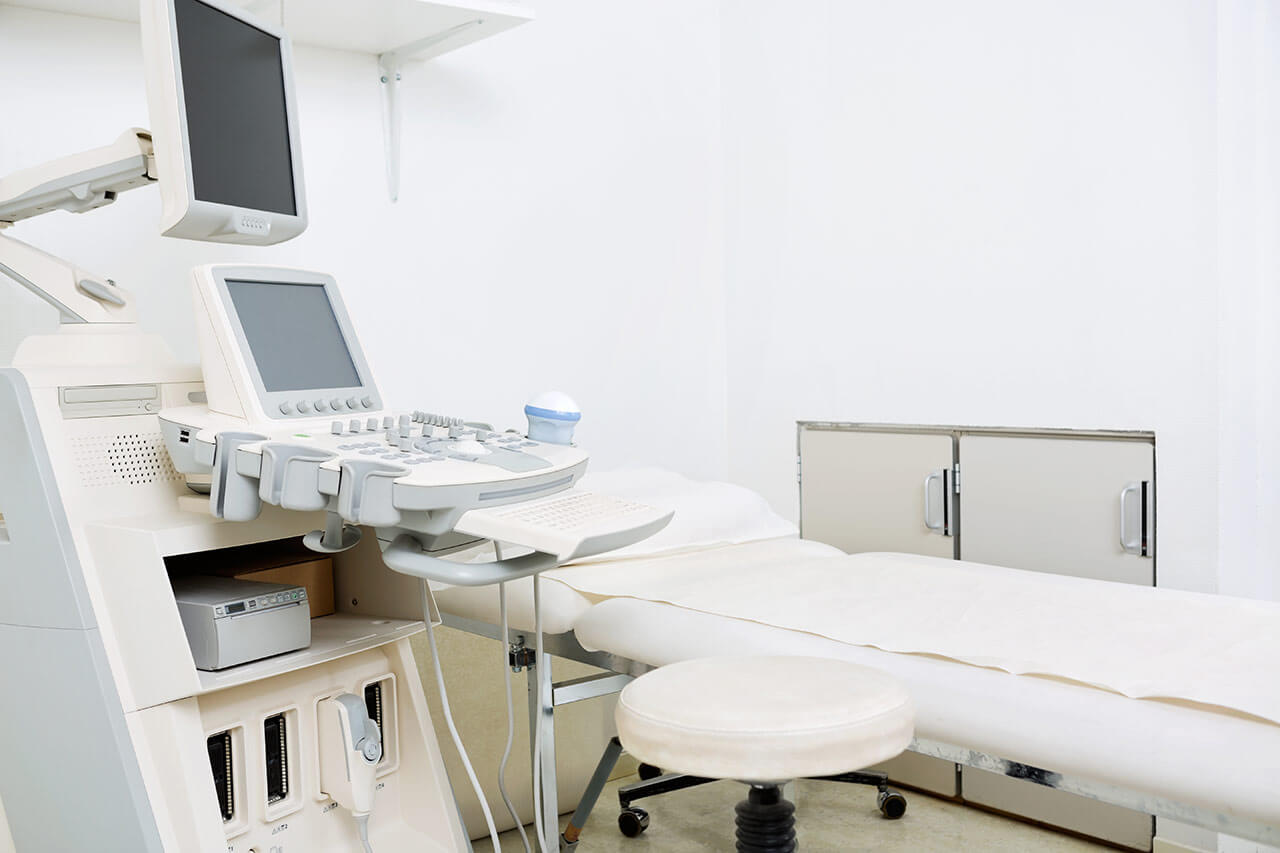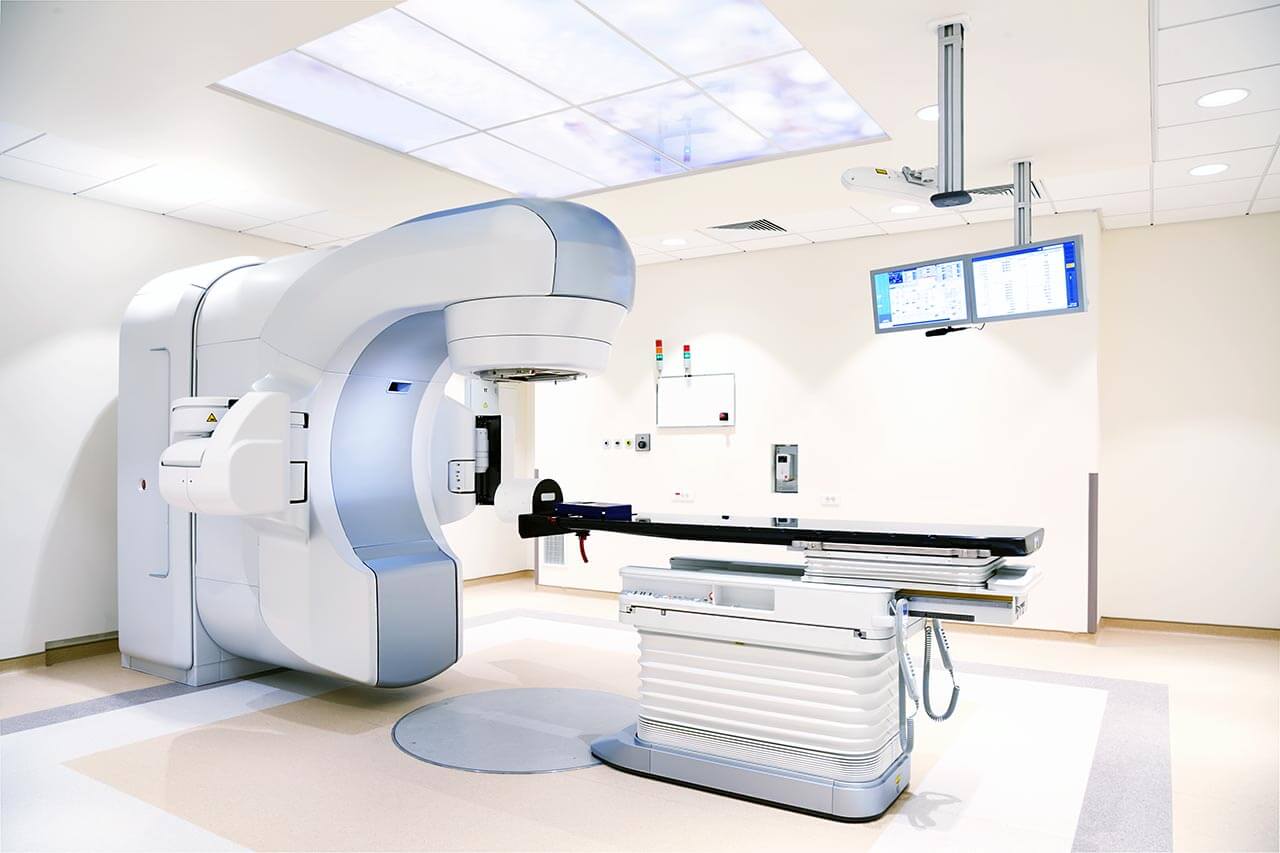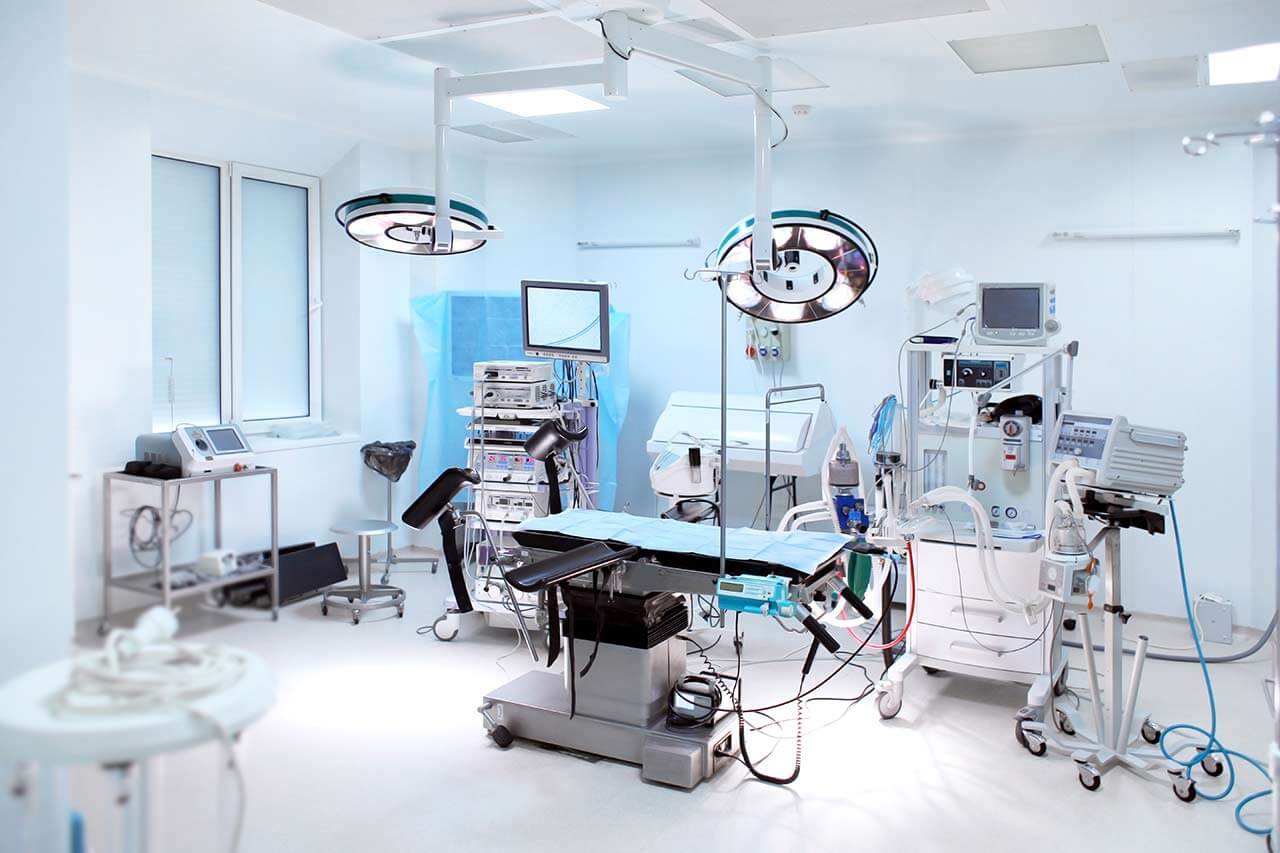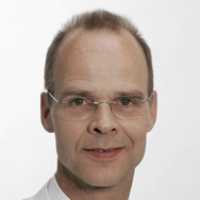
The program includes:
- Initial presentation in the clinic
- clinical history taking
- review of medical records
- physical examination
- laboratory tests:
- complete blood count
- biochemical analysis of blood
- thyroid function test (TSH-basal, fT3, fT4)
- mineral metabolism analysis (Na, K, Ca, Mg)
- lipid metabolism (HDL/LDL, cholesterol, triglycerides,
Lip(a), homocysteine) - iron content (ferritin, iron)
- blood coagulation analysis (aPTT, PT, INR)
- metabolic status (uric acid, total glucose, HbA1c)
- inflammatory parameters (CRP, ESR)
- cardiovascular disease risk markers
- vascular system assessment
- lung function test (Spirometry)
- resting and exercise ECG
- vessel elasticity measurement
- body fat and water examination
- color doppler echocardiography
- color doppler sonography of cerebral vessels
- measurement of arterial blood pressure electrocardiogram
- Holter monitoring (24h)
- preparation according to preoperative standard
- pacemaker implantation and coronary angiography
- symptomatic treatment
- control examinations
- the cost of essential medicines and materials
- nursing services
- full hospital accommodation
- explanation of future recommendations
Required documents
- Medical records
- ECG (if available)
Service
You may also book:
 BookingHealth Price from:
BookingHealth Price from:
About the department
According to the Focus magazine, the Department of Cardiology, Pulmonology and Angiology at the University Hospital Duesseldorf ranks among the top German departments specializing in cardiovascular diseases!
It provides an accurate diagnostics and effective treatment of all diseases of the cardiovascular system, lungs, and respiratory tract. The highly qualified world-class specialists work with patients. Various functional and imaging examination techniques are available for the accurate diagnostics. Also, the department has state-of-the-art Cardiac Catheterization Laboratory. The department is headed by Prof. Dr. med. Malte Kelm.
The department provides translational and experimental researches in order to develop new methods of diagnostics and treatment of cardiac pathology, which are introduced into the clinical practice. For example, in the treatment of сoronary artery disease, the very latest treatments of stable and unstable angina are used. For the treatment of acute coronary syndrome, the doctors have all modern methods of cardioprotection, various methods of maintaining cardiac function in cardiogenic shock, as well as intensive care measures.
The service range of the department includes:
- Interventional treatment methods of сoronary artery disease and myocardial infarction
- Diagnostics and treatment of structural heart diseases
- Diagnostics and treatment of heart failure
- Diagnostics and treatment of heart rhythm disorders (arrhythmias)
- Emergency and intensive care in acute clinical conditions
- Methods of general, interventional, and hybrid cardiac imaging
- Diagnostics and treatment of diseases of the lungs, respiratory tract
- Chronic obstructive pulmonary disease
- Bronchial asthma (including severe forms of pathology)
- Lung cancer
- Malignant pleural mesothelioma
- Pulmonary hypertension
- Pulmonary fibrosis
- Sarcoidosis
- Rare and complex lung diseases (for example, pulmonary lymphangioleiomyomatosis, allergic bronchopulmonary aspergillosis, or rheumatological diseases with lung lesions (collagenosis, vasculitis))
- Diagnostics and treatment of diseases of the arteries, veins, and lymphatic vessels
- Acute and chronic occlusive diseases of the peripheral arteries of the limbs and brain, as well as the arteries of the abdominal cavity and retroperitoneal space
- Diabetic foot syndrome
- Arterial aneurysms
- Arteriovenous fistulas
- Vein thrombosis (with and without pulmonary embolism)
- Venous diseases
- Lymphatic vessel diseases
- Vasculitis
- Angiodysplasia
- Congenital and acquired vascular malformations
- Diagnostics and treatment of other diseases
Curriculum vitae
Prof. Dr. med. Malte Kelm completed his study of medicine in 1985. In the same year he defended his doctoral thesis and received the admission to medical practice. In 1986, he also passed the ECFMG examination on preclinical and clinical disciplines. In 1995, he received a title of the Medical Specialist in Internal Medicine. In addition, from 1996 to 1999 he received specialization in Cardiology, Angiology, Internal Intensive Care. In 1996, Prof. Kelm defended his doctoral thesis on the subject: "The Effects of Nitric Oxide on the Cardiovascular System and Its Importance in Arterial Hypertension".
In 1998, Prof. Kelm accepted an invitation to the position of C3 Professor in Internal Medicine at the University of Duesseldorf. In 1998, Prof. Kelm accepted an invitation to the position of C3 Professor in Internal Medicine at the Heinrich Heine University Duesseldorf, and in 2005 he moved to the Department of Internal Medicine / Cardiology (W3 Professor) at the University Hospital Aachen. Since 2009, the Professor heads the Department of Cardiology, Pulmonology and Angiology at the University Hospital Duesseldorf.
The main focuses of his clinical activities include the treatment of acute myocardial infarction, interventional catheter techniques, as well as the combined imaging methods in cardiology, which he plans to improve in the future.
Prof. Kelm has a large number of scientific awards. His research focuses on the study of cardiovascular dysfunction in coronary artery disease, arterial hypotension, and diabetes mellitus, as well as the clinical and molecular aspects of ischemia / reperfusion.
Photo of the doctor: (c) Universitätsklinikum Düsseldorf
About hospital
According to the authoritative Focus magazine, the University Hospital Duesseldorf ranks among the top Germany hospitals!
The hospital is an excellent example of a combination of high-quality health care, research and teaching activities. With more than 50,000 inpatients and about 300,000 outpatients every year, the hospital is one of the largest and most prestigious medical institutions in Germany and Europe.
Modern, safe and sparing diagnostic and therapeutic methods guarantee effective treatment of various diseases and their consequences. All therapeutic processes are based on an interdisciplinary approach, which provides comprehensive medical care and optimal treatment result. Obviously, one of the key roles in the successful clinical practice of the medical institution is played by a highly qualified medical personnel, which consists of the best world-class doctors. The hospital also has a special advantage due to the structured equipment with the innovative medical technologies.
The hospital presents almost all fields of modern medicine. Special attention should be given to such focuses as oncology and hematology, stem cell transplantation, neurosurgery and neurology, urology, obstetrics and gynecology, hepatology, kidney transplantation, vascular surgery, cardiac surgery, pediatric surgery, pediatric oncology, etc.
In addition to the outstanding quality of medical services, the hospital guarantees each patient an attentive care, friendly atmosphere, as well as sensitive and respectful attitude.
Photo: (с) depositphotos
Accommodation in hospital
Patients rooms
The patients of the University Hospital Duesseldorf live in comfortable single, double and triple rooms. The patient rooms are made in bright colors and modern design. The room furnishing includes an automatically adjustable bed, a bedside table, a wardrobe, a telephone, a multimedia device (TV, radio, Internet access), a table and chairs for receiving visitors. To use the phone and multimedia device, the patient should have a special chip card, which can be purchased at the reception. In the pediatric departments multimedia device can be used for free.
Meals and Menus
The patients of the hospital are offered a varied, tasty and healthy diet. Every day there are three menus to choose from for adults and four menus to choose from for children, while it is possible to develop an individual menu. When pre-ordering, the international patients may have dishes of various cuisines of the world, for example, Asian and African cuisine. If a patient needs a diet in accordance with the clinical indications, he will be provided with a special diet menu, including drinks.
Every day, the nurses inform the kitchen workers about the patient wishes using an electronic data processing system. Immediately before serving food, there are printed special cards, which indicate for which patient this or that dish is intended.
Also, the hospital houses a cafeteria with a rich selection of delicious, healthy dishes, snacks and drinks.
Further details
Standard rooms include:
Religion
Christian priests are available for the patients at any time. Representatives of other religions may be requested at any time.
Accompanying person
Your companion may stay with you in your room or at a hotel of your choice during the fixed program.
Hotel
You may stay at the hotel during the outpatient program. Our employees will support you for selecting the best option.
The hospital offers a full range of laboratory tests (general, hormonal, tests for infections, antibodies, tumor markers, etc.), genetic tests, various modifications of ultrasound scans, CT scans, MRI and PET / CT, angiography, myelography, biopsy and other examinations. Treatment with medications, endoscopic and robotic operations, stereotaxic interventions is carried out here, modern types of radiation therapy are also used. The hospital offers patients all the necessary therapeutic techniques.
- Dermatosurgery
- Skull base surgery
- Gastric bypass and bandage
- Removal of lung metastases
- Interventions on the spine
These are skin cancer (including melanoma), head and neck tumors, pathological changes in the chest (including funnel chest), obesity, liver diseases, HIV and other infectious diseases, varicose veins, aortic aneurysm, carotid artery stenosis, joint diseases and other pathologies.
- Dermatology
- Oncology
- Otorhinolaryngology
- Endocrinology and diabetology
- Orthopedics and traumatology
Over 800 highly qualified physicians work at the hospital.
